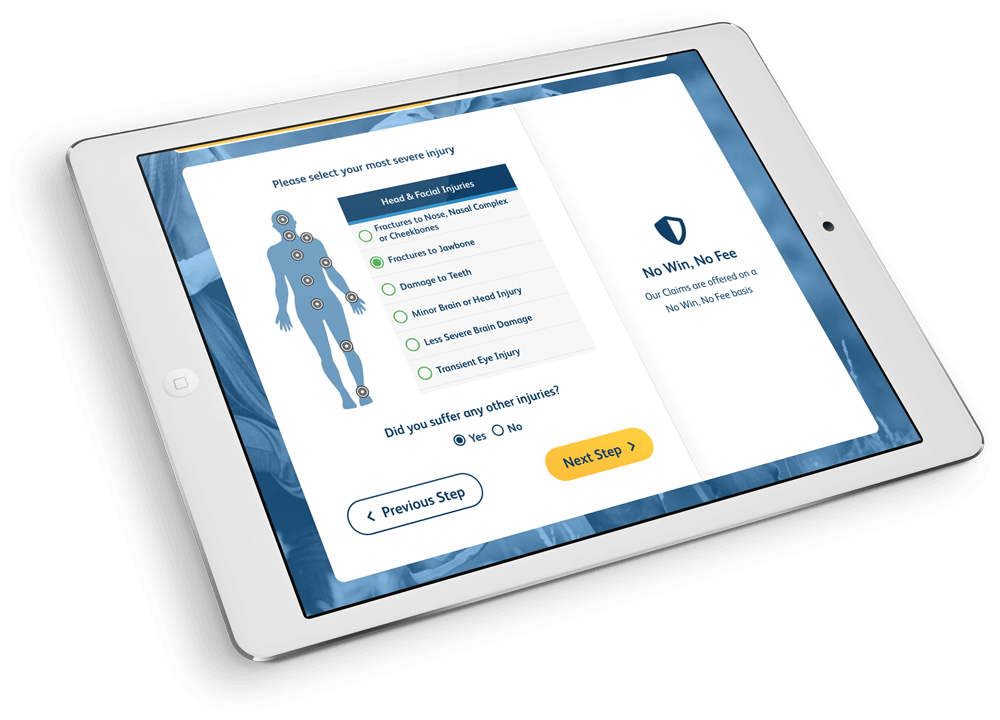Accident at work – how do you know if your employer is liable?
All employers in the UK have a legal responsibility to protect the health, safety and well-being of their employees and, as the pandemic continues to sweep the world, it opens up new areas of risk in the workplace.
Now more than ever, employers have a legal, ethical and moral duty to ensure that everyone they employ is kept safe from physical or psychological harm.
If you have suffered an accident at work, your employer could be liable, but this will depend on the circumstances that led to the accident.
HOW DO YOU KNOW IF YOUR EMPLOYER IS LIABLE AFTER AN ACCIDENT?
The Health and Safety at Work Act was introduced in 1974 to protect all employees and other staff in the workplace. It sets out that all employers in the UK must ensure that a work environment is hazard-free and as safe as is feasibly possible for workers to carry out their jobs with the minimum risk of being injured.
In order to adhere to this, the following measures must be in place:
- Adequate and ongoing training provided to all employees
- Industry-standard personal protective equipment available to all employees
- Regular workplace inspections conducted
- All equipment, machinery and tools must be maintained in good working order
- Hazard signs erected in a work environment where necessary
- Risk assessments carried out to identify hazards in the workplace
- All employees must be made aware of any hazards that may be present in a work environment
- All work environments must be kept clean and free from obstacles
This duty of care applies to both permanent and temporary employees, as well as contractors and agency workers.
If you suffer an accident at work after your employer fails to adhere to any of the above measures, your employer could be liable. As such, you would have every right to seek compensation by bringing a personal injury claim against your employer.
WORRIED ABOUT CLAIMING AGAINST YOUR EMPLOYER?
Nearly half of all accidents occur in the workplace, yet employees substantially under-report injuries. This is mainly due to a fear of the consequences which may occur if they claim for compensation against their employer – such as worrying about losing their job or being treated differently following the claim.
It is important to remember that these fears are generally unjustified. All employers are required to have Employers Liability Insurance, which will cover them if a member of their team has an accident in the workplace. Action can also be taken against any employer who wrongly discriminates against an employee following a claim.
Tackling the myths surrounding workplace injury claims
WHAT TO DO IF YOU HAVE AN ACCIDENT AT WORK?
If you are involved in an accident at work, it can be a distressing and confusing time, especially if you have sustained an injury as a result, and are now suffering from loss of earnings and mounting medical bills.
If the accident was a result of your employer’s negligence, you may be able to make a claim for compensation. Following the correct procedure below after a workplace accident will ensure that you have the best chance to claim the compensation you deserve.
- Report the accident immediately to your line manager, or the next person in charge if your manager is not available. Follow the correct accident reporting procedure set out by your employer
- If you have to seek medical attention from a GP or A&E department, ensure all injuries are accurately documented in your medical records
- Collect evidence from the scene of the incident if safe to do so, and record the injuries sustained, as well as any lasting symptoms and consequences (through written accounts and images)
- Make sure the accident is accurately recorded in the accident book, and if anybody witnessed the incident ensure they provide a written account of what happened – check the details are correct before you sign it
- If the accident was not your fault, seek advice from an experienced solicitor who will assist you in obtaining all the necessary information you need to make a claim.






